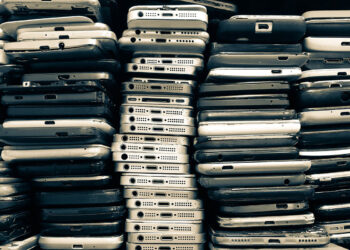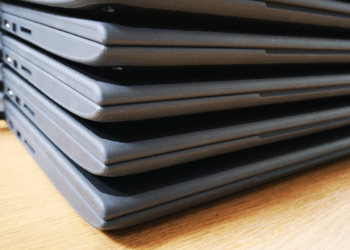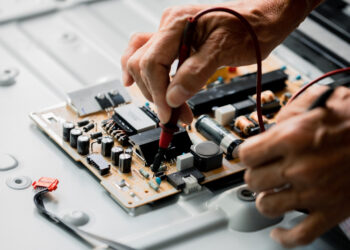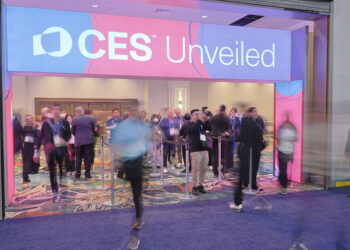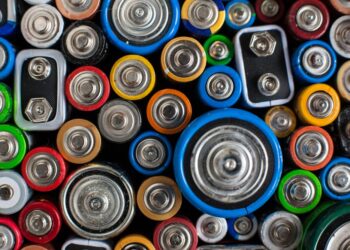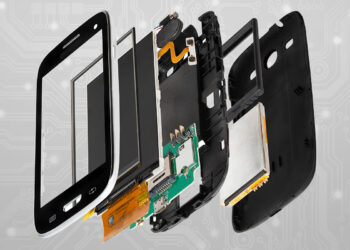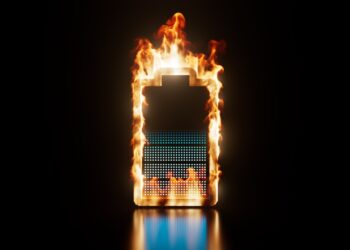E-Scrap News
Reverse logistics: The engine of the smartphone supply chain
As device refresh cycles accelerate to accommodate AI-driven functions, carriers and OEMS can turn older devices into value engines.
Paladin acquires R&L Recycling, enters European ITAD market
Paladin EnviroTech acquired Netherlands-based R&L Recycling BV, its first European deal, to build an in-region ITAD and electronics recycling platform...
Colorado expands repair rights as electronics rules take effect
A new Colorado law expanding consumers’ right to repair electronic devices took effect this month, requiring manufacturers to provide access...
CompuCycle CEO: Transparency drives electronics diversion
As Houston's role as a major port city raises concerns about electronics being exported overseas for processing, CompuCycle CEO Kelly...
From CES to the shredder: What 2026 PCs mean for ITAD
Some of the most operationally relevant CES 2026 announcements for the e-scrap sector focused less on peak performance and more...
TÜV rolls out traceability audits for recycled inputs
Based in Germany, TÜV Rheinland launched a closed-loop recycled material verification program for electronics supply chains, auditing traceability and quality...
Call2Recycle rebrand signals broader role in US recycling
The organization, now called The Battery Network, is assuming an expanded role in battery logistics, EPR compliance and critical material...
New Comstock site to feed Nevada solar panel recycling
Comstock Metals has opened a new California facility aimed at improving the collection and transport of retired solar panels to...
URT builds alliance to remake electronics plastics at scale
Universal Recycling Technologies launched its NEXLOOP platform and Polymers Alliance to return plastics from end-of-life electronics to OEM manufacturing in...
January fire data drives shift in recycling safety
A new industry guide addresses rising lithium-ion battery fires at recycling facilities as data shows a record 448 reported incidents...
More Posts
Work With Us
Newsletter
Get the latest recycling news and analysis delivered to your inbox every week. Stay ahead on industry trends, policy updates, and insights from programs, processors, and innovators.








